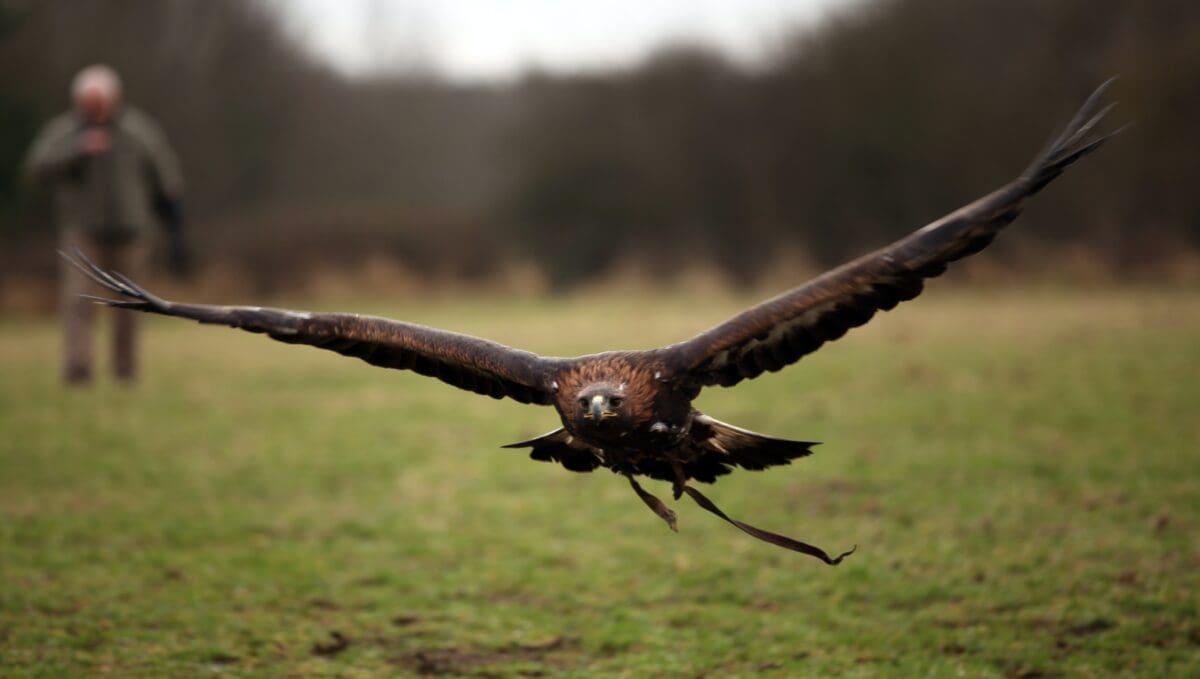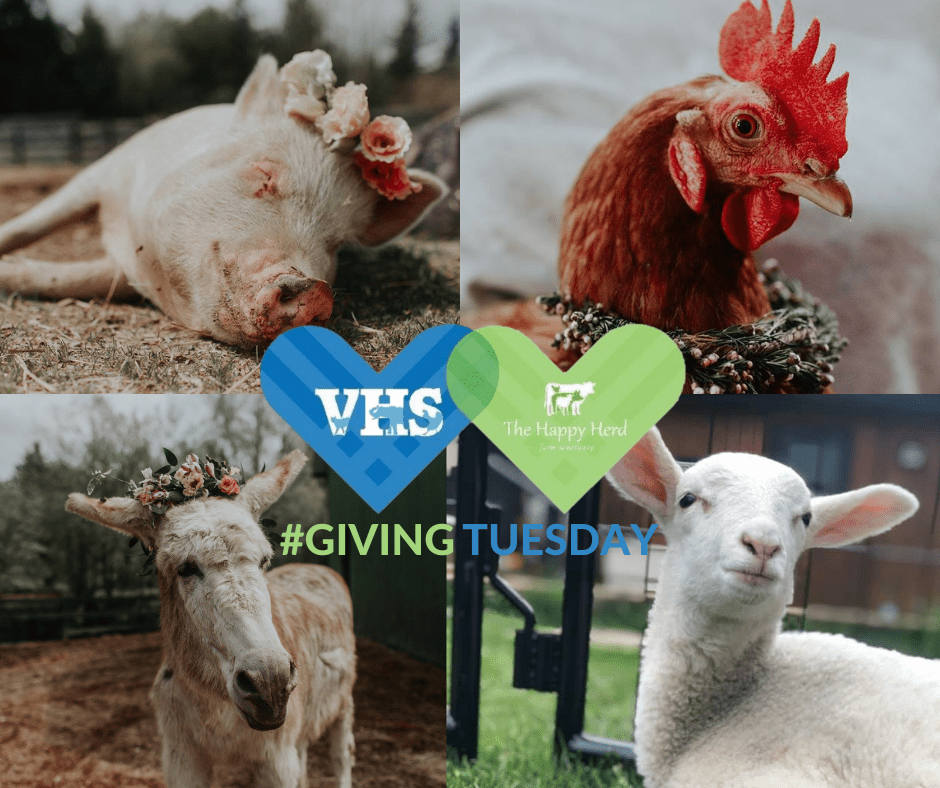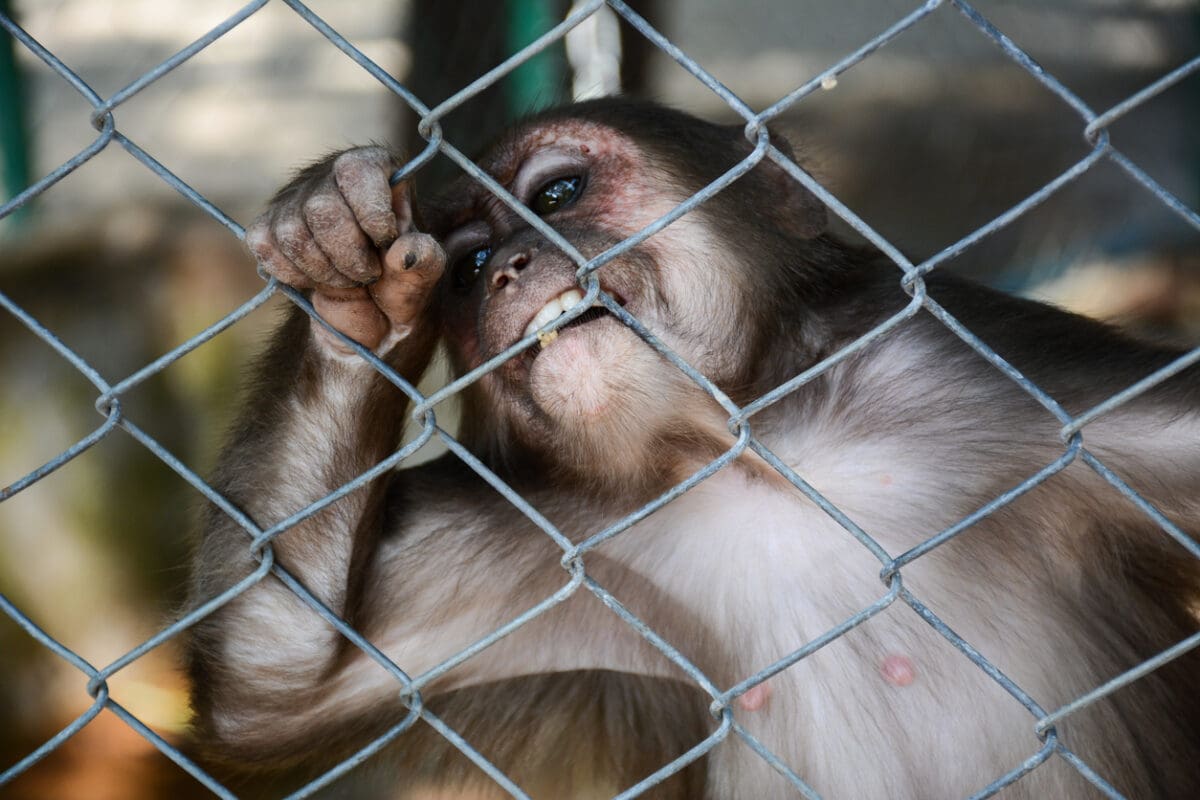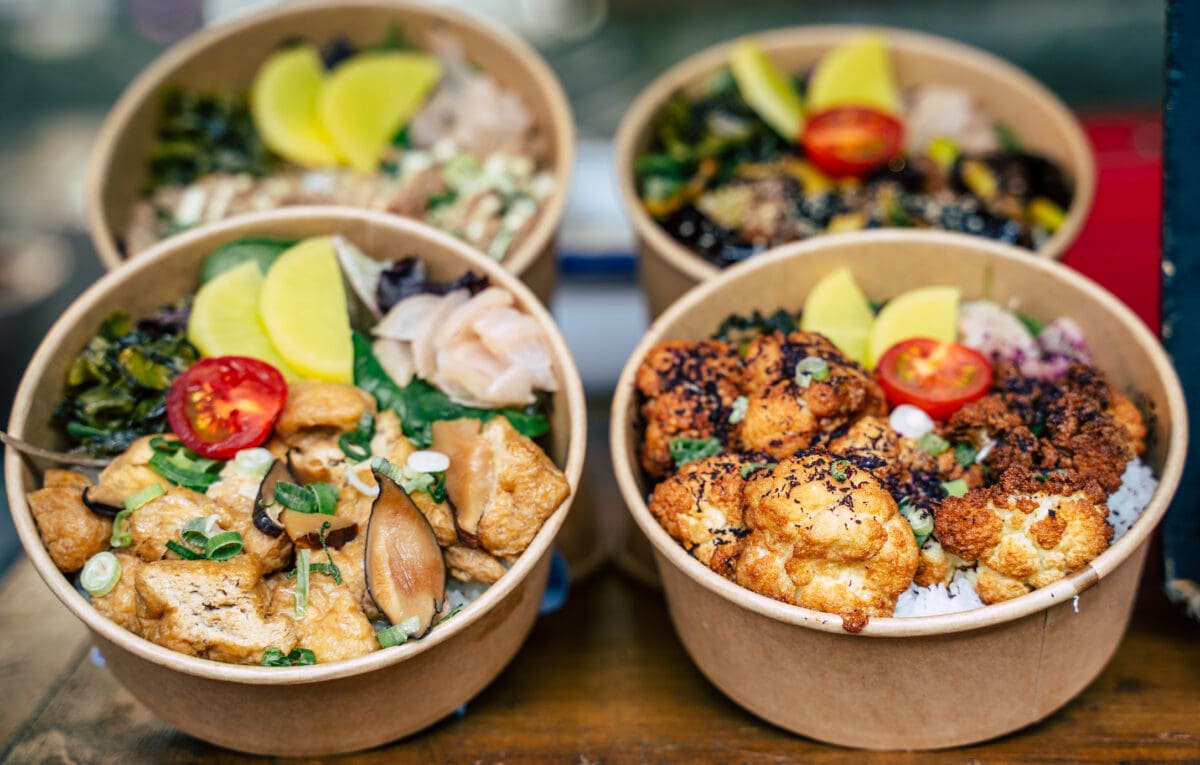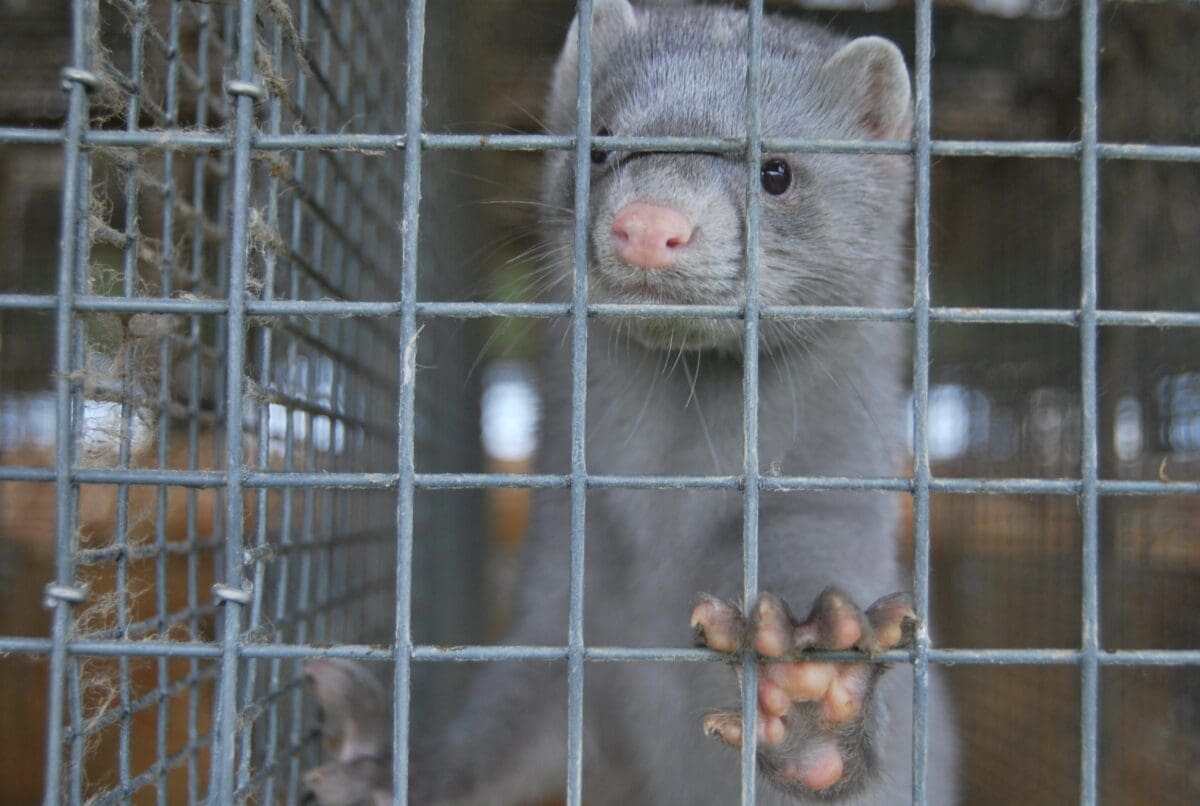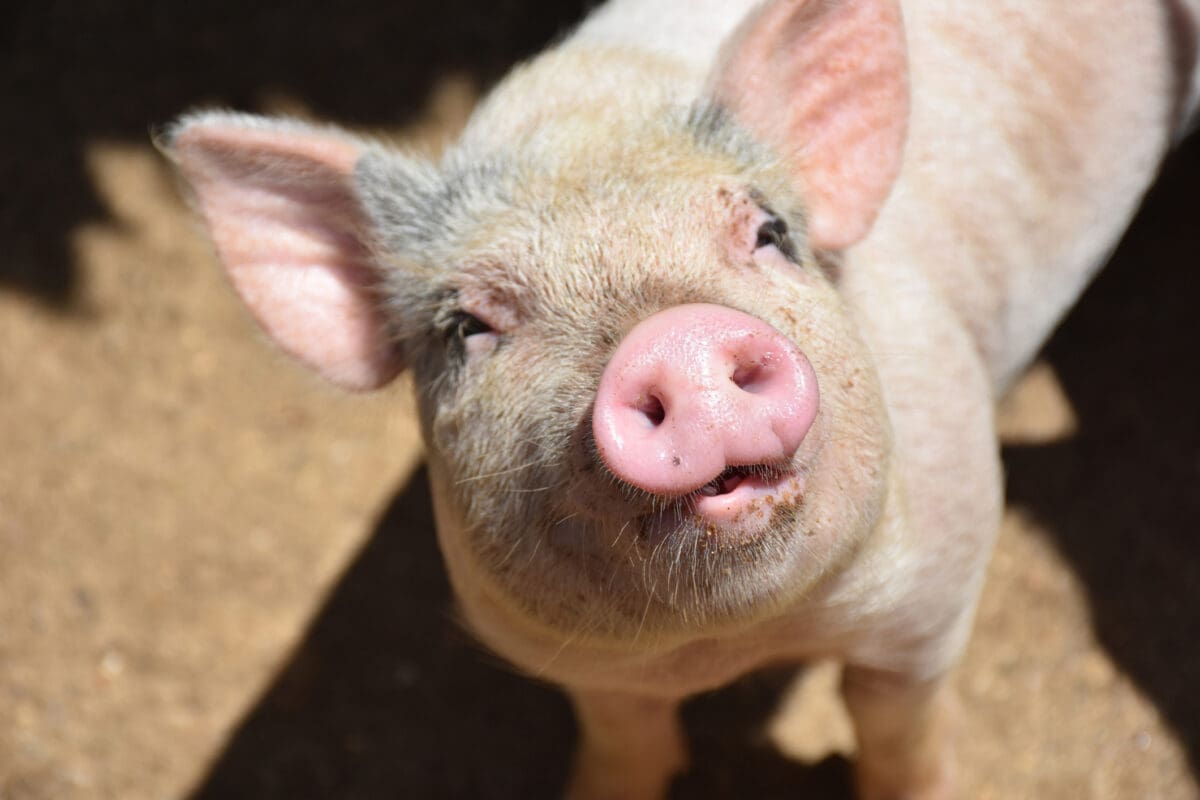Poisons continue to threaten wildlife across B.C. Join us in calling for an immediate ban.
A golden eagle is finally back in the wild after a very close call with wildlife poisons. The beautiful bird was rescued from a Grand Forks backyard and taken to the South Okanagan Rehabilitation Centre for Owls (SORCO). There, staff gave him an antidote in the nick of time; in another hour, they said, he may not have been able to recover.
In an interview with Global News, SORCO manager Dale Belvedere said that she couldn’t trace the exact source of the golden eagle’s poisoning, “But I would say some sort of rodenticide because he did react very quickly to the antidote. If it was lead poisoning, we’re talking a totally different antidote and he wouldn’t have reacted as he did.”
Rodenticides are a type of wildlife poison used to target rodents. The highly toxic substances cause a slow and painful death for the animals that ingest them—and as in the case of the Grand Forks golden eagle, those animals are often not the only victims. Birds of prey like owls and hawks, scavengers like crows and raccoons, and even domestic pets are all at risk of secondary poisoning from eating poisoned mice and rats.
Though this golden eagle was in rough shape after his rescue, he has now made a full recovery and has since been released. Countless other birds of prey are not so lucky, like an entire family of owls on Vancouver Island that was completely wiped out by wildlife poisons recently.
The team at MARS Wildlife Rescue tried to save this poisoned owlet, but sadly she passed away.
The team at MARS Wildlife Rescue were called in to rescue an owlet found alone in a nest whose parents were deceased below the tree. The owlet, who was weak and lethargic, was rushed to the centre for treatment for suspected rodenticide poisoning, but sadly she did not survive. “We are devastated by the loss of an entire family of Great Horned Owls and it is disheartening to know that this is the reality that many owl families face since rodenticides are still legal to use and widely available in B.C.,” says Gylaine Andersen, Manager of Wildlife Rehabilitation at MARS Wildlife Rescue Centre. “Even young owls that have not yet learned to fly and hunt can be poisoned when they are fed contaminated meat by their doting parents. It is a tragedy that is easily preventable.”
Stories like this are why VHS is calling for a ban on inhumane and indiscriminate rodenticides in B.C.
Thanks to the support of people like you, we are making progress on this effort. To date, more than 2,100 VHS supporters have pledged their support for a province-wide ban on rodenticides.
We recently pointed to this growing support in a productive meeting with a variety of concerned stakeholders, including other wildlife advocates, representatives from the District of North Vancouver and Minister Murray Rankin’s office, and North Vancouver-Seymour MLA Susie Chant. We look forward to continuing this important discussion around the need for a province-wide ban of these dangerous poisons. Each pledge makes a difference as we advance this issue with decision-makers from local municipalities and the province; but we still have a long way to go to protect animals.
Take Action
If you have not yet taken the pledge, we invite you to add your name and join VHS, other organizations, and advocates in calling on the B.C. government and municipalities to ban rodenticides. Pledge numbers will be referred to in meetings with local and provincial decision-makers. For more information about this issue, please see the rodenticide fact sheet and our shared briefing note.
You can double your impact by sharing this page using the buttons below. Together, we can protect B.C. wildlife.


